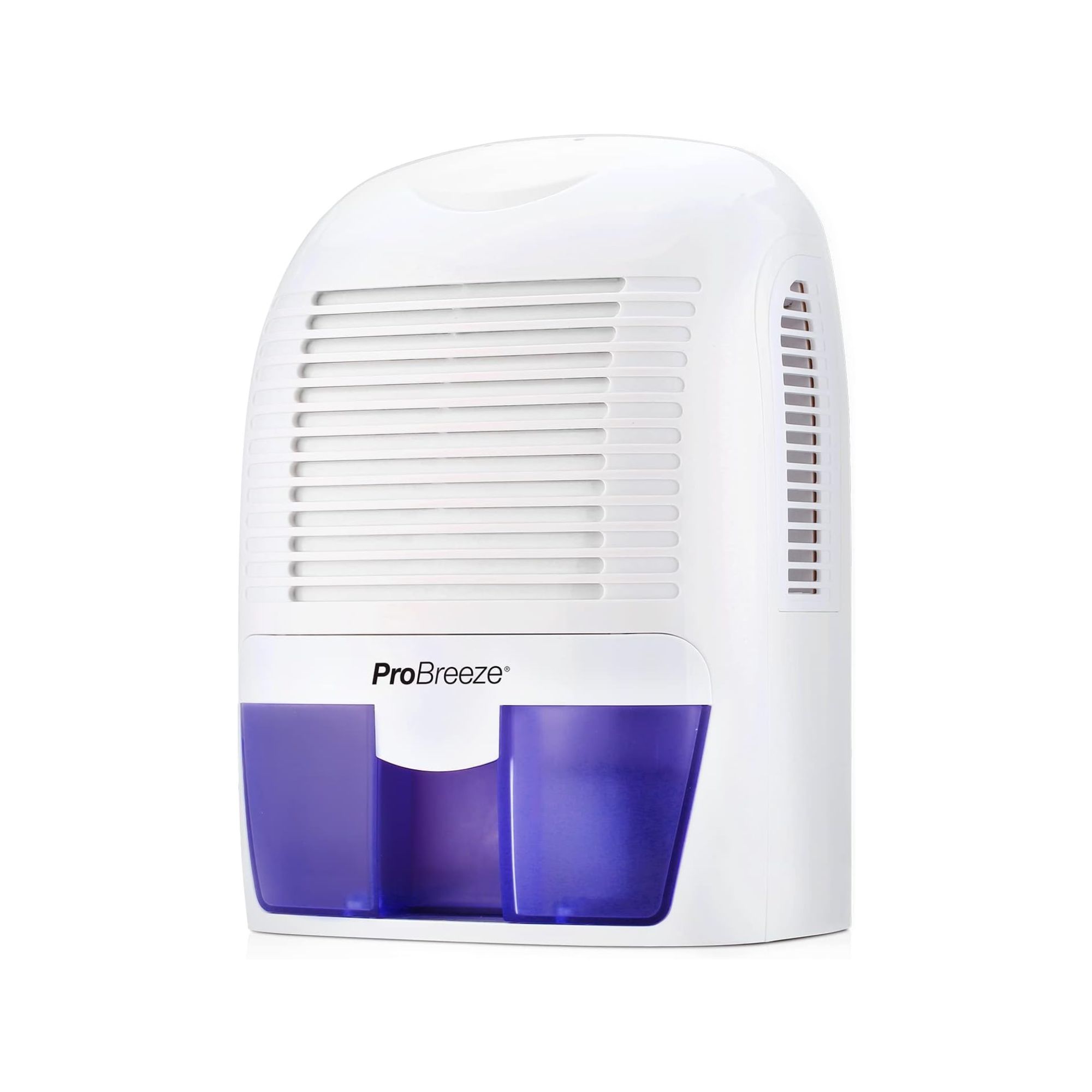Are salt lamps effective natural dehumidifiers? Here's what the experts say
Is there a chance that your cosy lighting buy plays a dual role in your home?
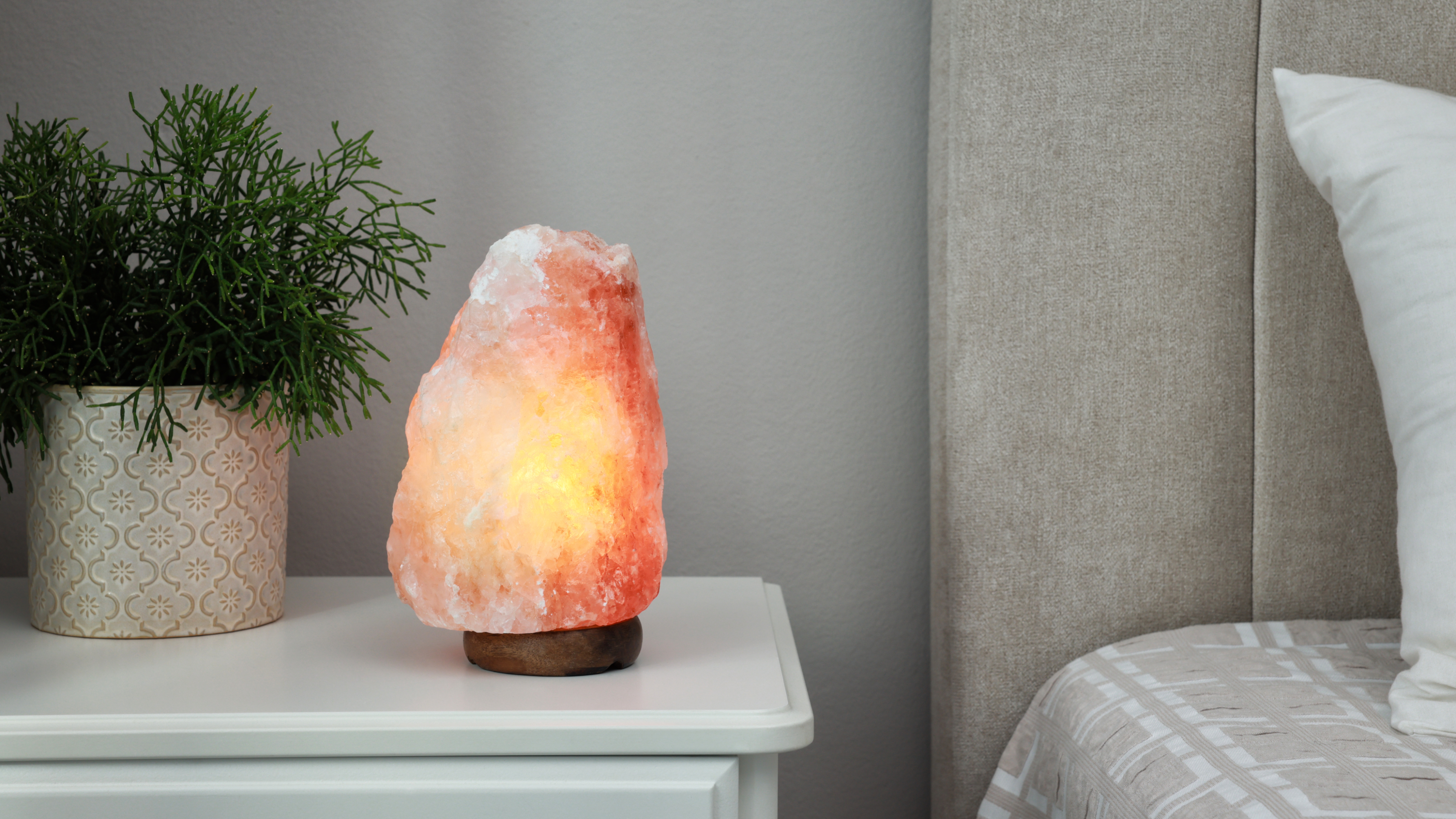

Salt lamps are a gorgeous lighting solution and are a favoured option for adding a touch of cosiness to your home, but given the recent wet weather you may be wondering, 'Do salt lamps dehumidify?'
It's already a given that the best dehumidifiers on the market are likely the most effective solution if you're trying to get rid of damp in your home. However, if our home decor choices can play a part in helping to reduce the amount of condensation infiltrating our homes, then we'll gladly oblige.
We know that salt is a natural dehumidifier. We've seen salt bowls used as a viral hack to stop condensation on windows, therefore, it makes sense that we would wonder whether the same can be said for salt lamps.
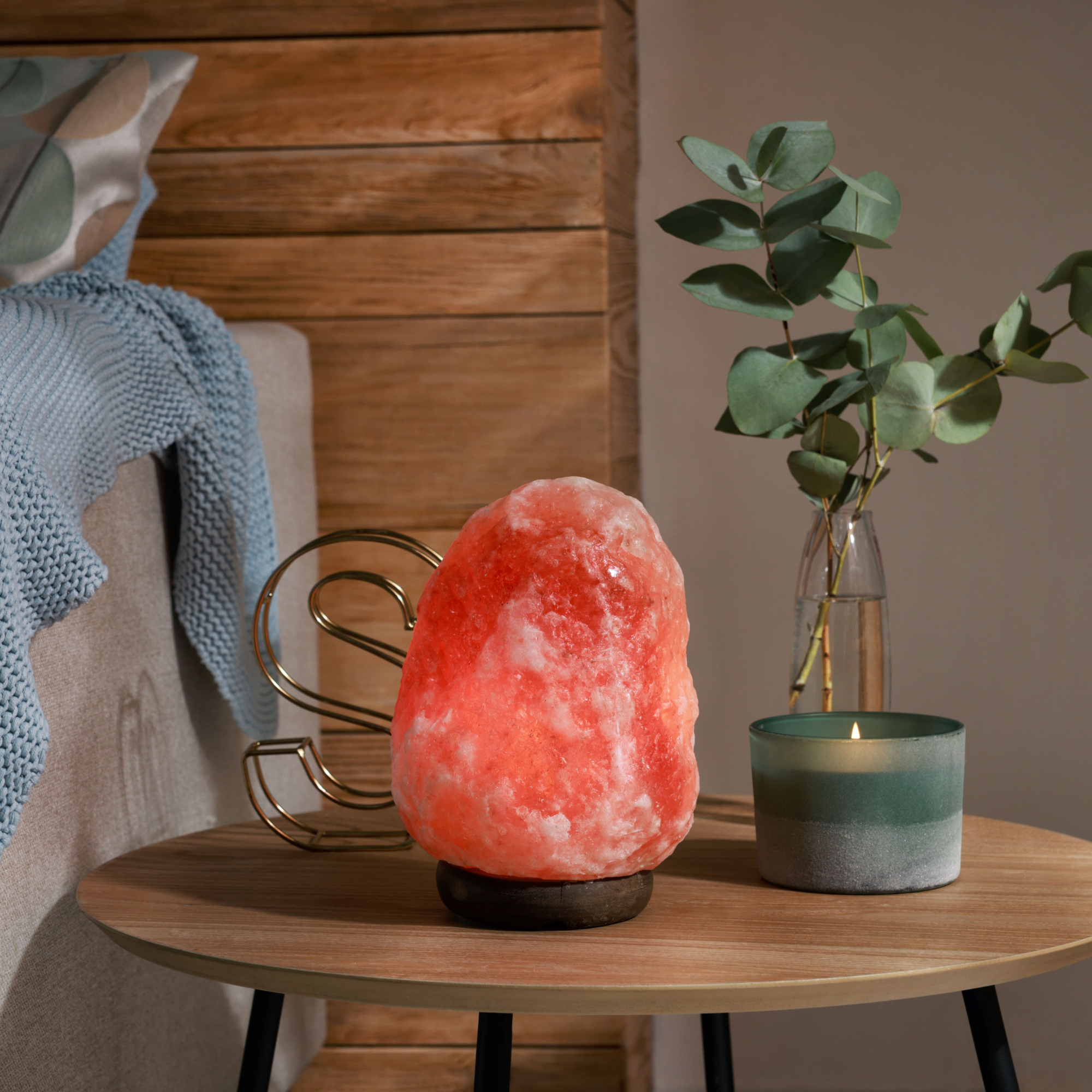
Do salt lamps dehumidify?
'While salt lamps are often marketed as air purifiers and promoted for their alleged air-purifying properties, it's very important to clarify some misconceptions about their effectiveness as natural dehumidifiers,' explains David Miloshev, HVAC (heating, ventilation, and air conditioning) expert at professional home services group, Fantastic Services.
'Salt lamps are hygroscopic, which means they draw moisture from the air and that's why sometimes you can notice condensation on their surface that then slowly evaporates into the air, but that isn't sufficient to affect indoor humidity levels.'
So, in short, while salt lamps do draw moisture from the air, they are not effective enough to replace the use of a dehumidifier entirely.
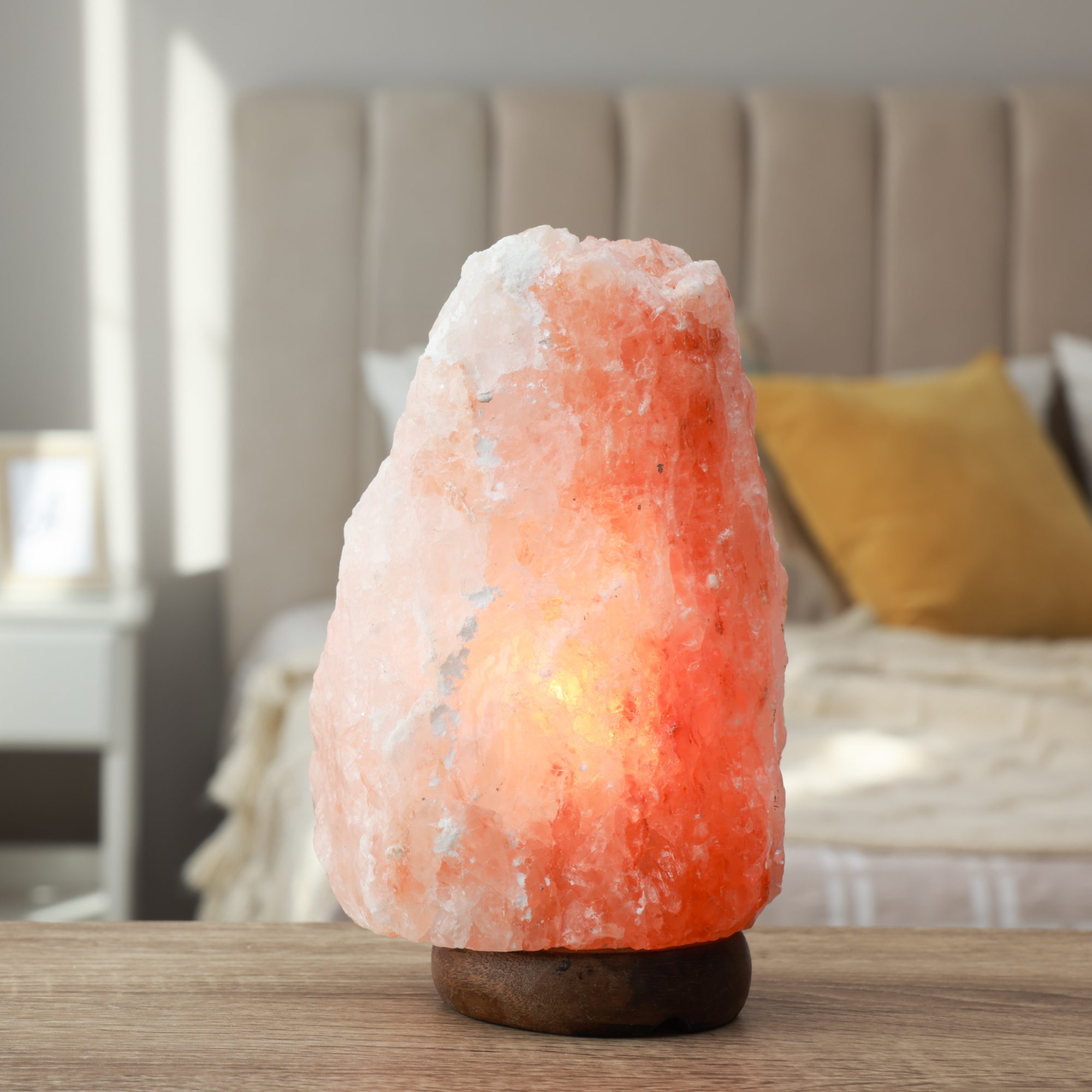
David continues, 'Dehumidification is the process of removing excess moisture from the air and salt lamps aren't designed or proven to have a substantial impact on indoor humidity levels.'
Sign up to our newsletter for style inspiration, real homes, project and garden advice and shopping know-how
'They may have some dehumidifying effects,' comments Andhi Ermawan, professional product tester and founder of MyProsAndCons.com. 'But for serious moisture problems, it's better to use a regular dehumidifier.'
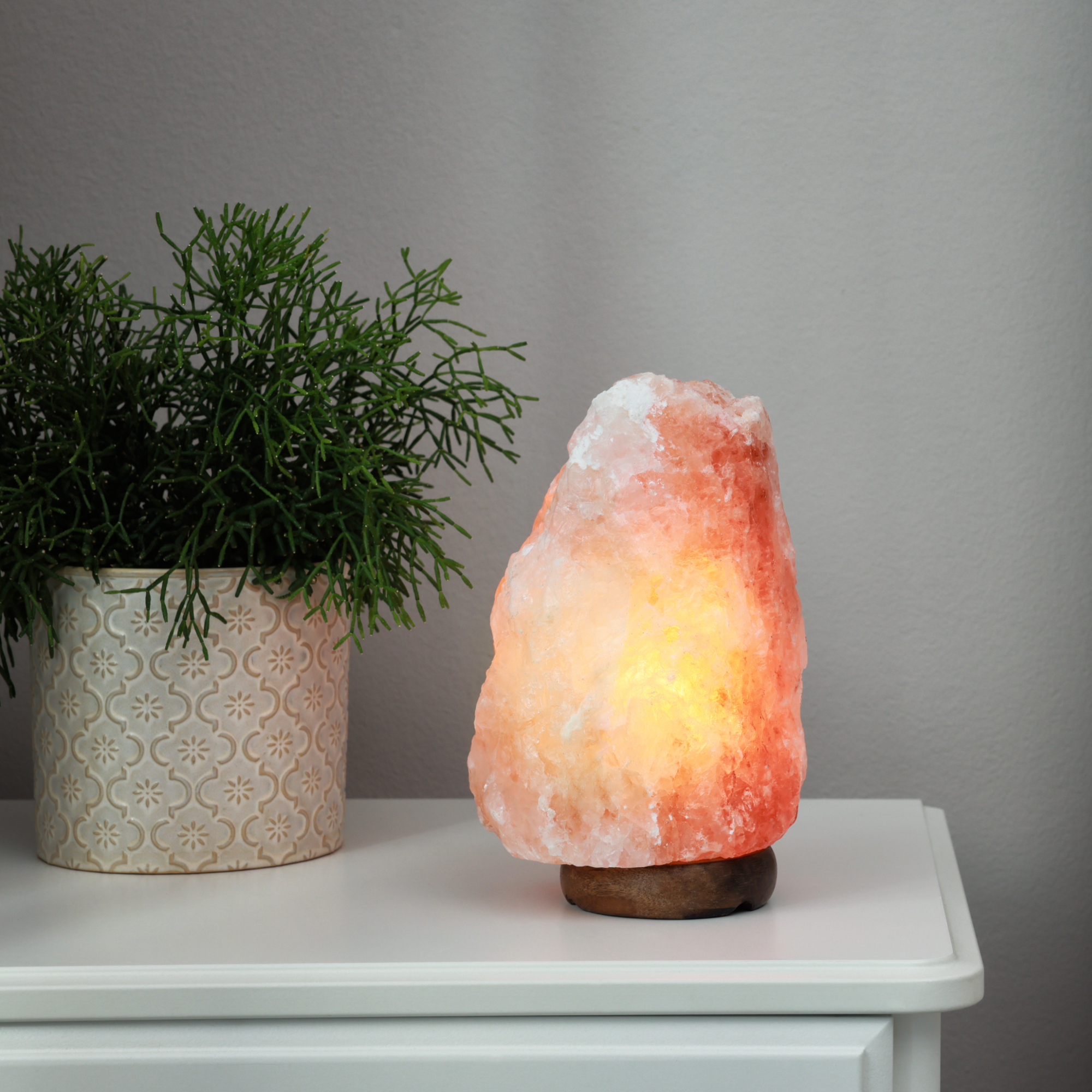
If you've already got a salt lamp and are just curious to find out whether they've got additional benefits, then this is likely not a ground-breaking reality check.
However, if you were looking to buy a salt lamp with the intention of using it to help with moisture if you've spotted signs of rising damp in your home, then we in good conscience would have to advise otherwise.
We know that in an ideal world, salt lamps would be more than sufficient to combat humidity because not only are they visually pleasing to the eye as a sought-after lighting trend, but they're also a lot more affordable. But, it's not all doom and gloom, as there are many dehumidifiers you can buy for under £100 so as to not break the bank.
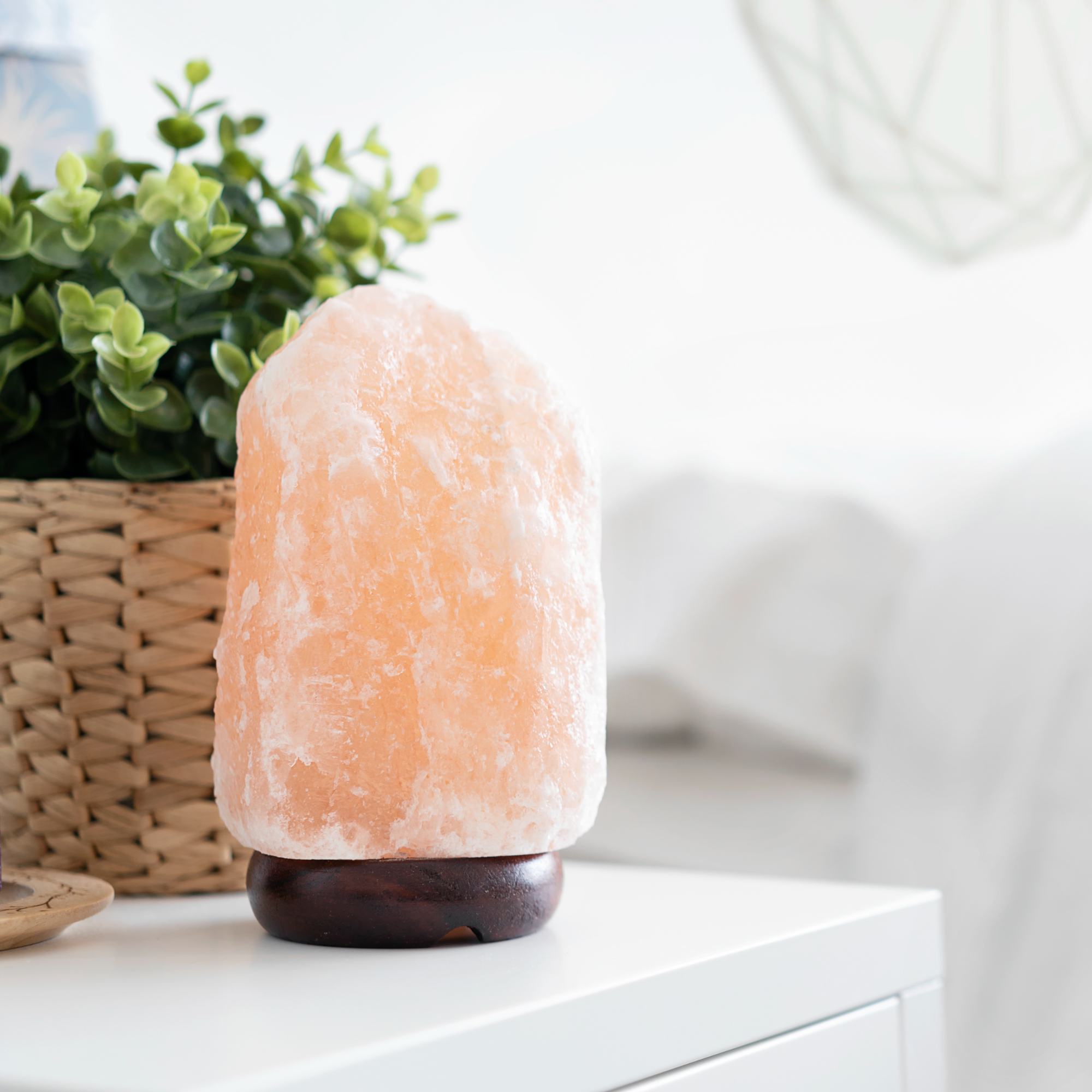
'To effectively control the humidity in your home, it's highly recommended not to rely on salt lamps but invest in a dedicated dehumidifier instead,' says David.
'These devices are designed with the specific purpose of extracting moisture from the air, helping to prevent home-related issues, such as mould growth, and providing a more comfortable living environment.'
Here are some of our favourite dehumidifier models you can shop now.
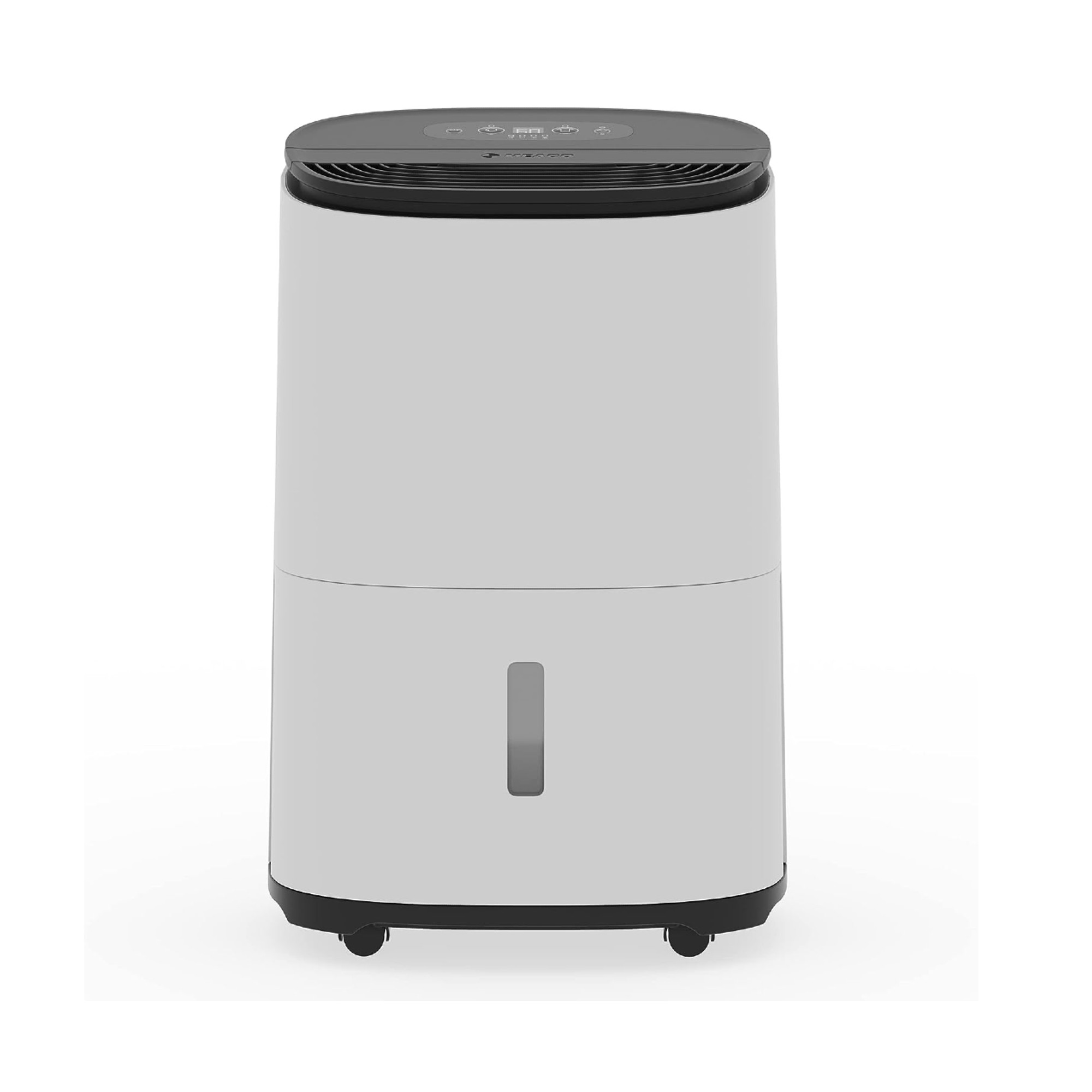
This dehumidifier has sat on the top of our best dehumidifier list for a while now due to its general ease of use, its air-purifying qualities, and the fact that it comes in various sizes to suit any room of your choice. It's also one of the quietest models we've tested.
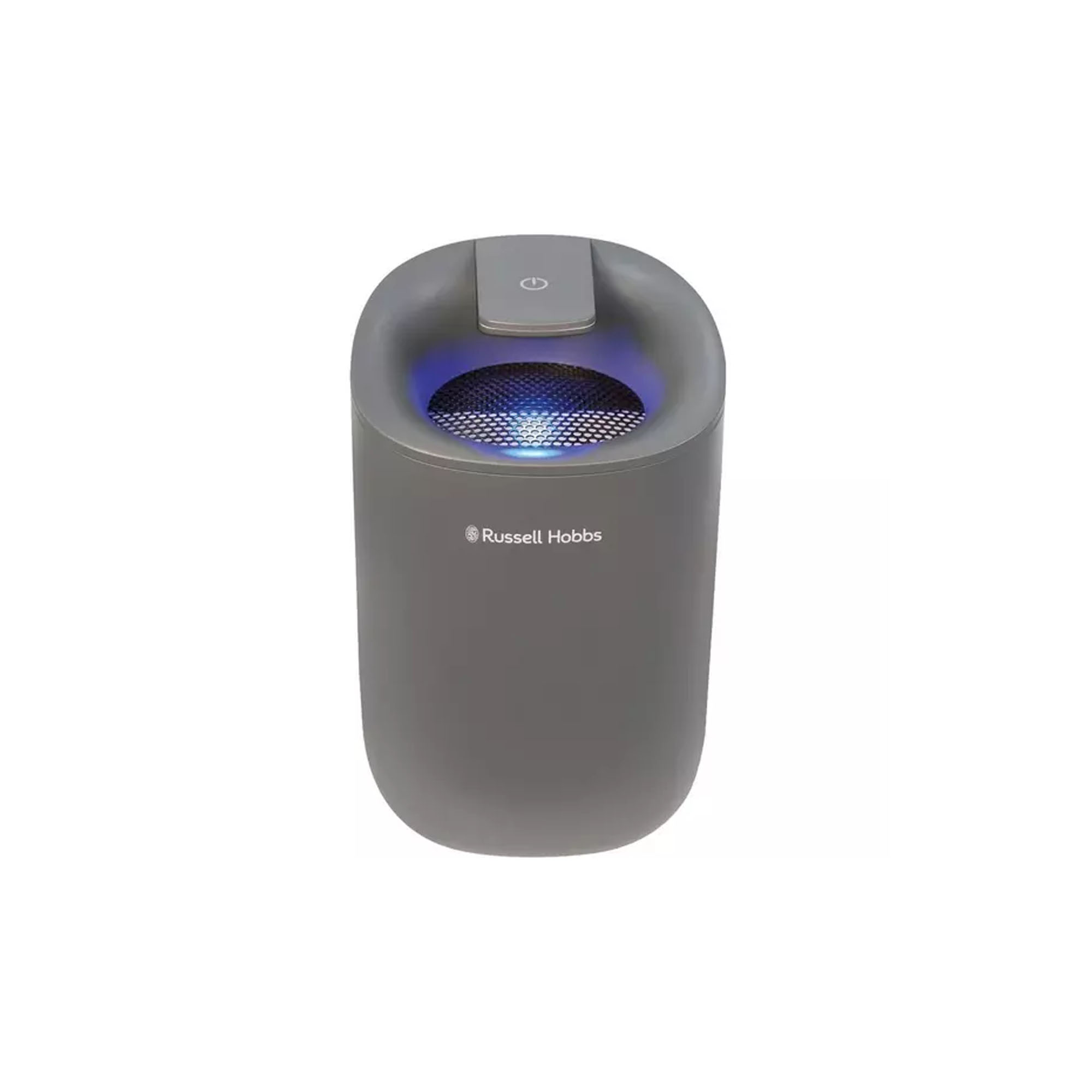
If you're looking for a cheap, affordable, and stylish dehumidifier for your home, this one's for you. With a noise level of 37dB, it's incredibly quiet. Its portability is also a handy little perk, as you can leave it running during the day and then tuck it away into the corner when it's not in use.
FAQs
Do salt lamps absorb moisture?
Yes, salt lamps do absorb moisture. They are hygroscopic, meaning they draw moisture from the air. However, don't be fooled into thinking that a salt lamp will be as effective as a conventional dehumidifier if your home is suffering with severe damp.
Does salt work as a dehumidifier?
Yes, salt does work as a natural dehumidifier. There are many hacks that involved putting salt in a bowl and leaving it on a windowsill to help stop condensation on windows and absorbing excess moisture. However, it isn't an end all be all if you're battling serious damp.
Although salt lamps may not fit the bill to effectively solve any moisture problems you're dealing with in the home, they still are a gorgeous lighting solution that we heavily rate within the Ideal Home team, especially where bedroom lighting is concerned for those ultimate cosy vibes.
And that's why we wouldn't consider this a loss. While a salt lamp won't replace a dehumidifier, it doesn't mean that it's any less a gorgeous piece of home decor that's sure to spruce up any space.

Jullia was Ideal Home’s Junior Writer from 2022-2024 and the Ideal Home Certified Expert in Training on Vacuums having spent over 60 hours testing different models. She’s always loved all things homes and interiors, graduating with a bachelor’s degree in Architectural Studies from the University of Nottingham where her love for writing blossomed following her internship at ArchDaily. Now focused on home tech and cleaning, Jullia works on writing features and explainers to help people make the most of their home appliance investments, putting the newest launches through their paces. When she isn’t writing, she loves exploring the city, coffee shop hopping, and losing hours to a cosy game or book.
